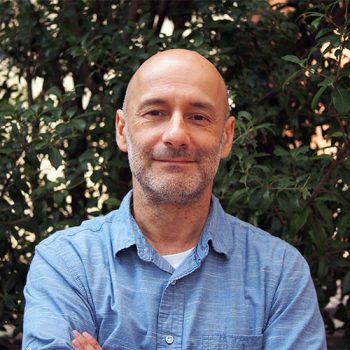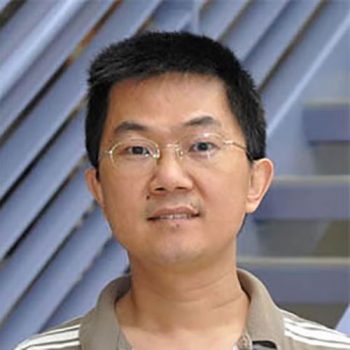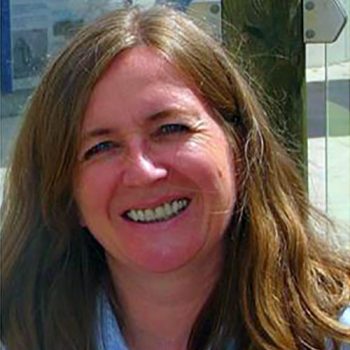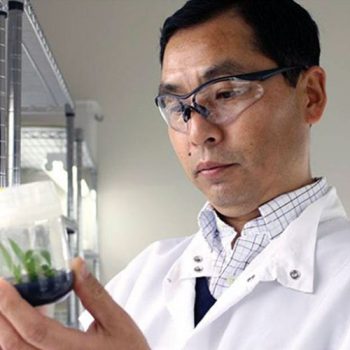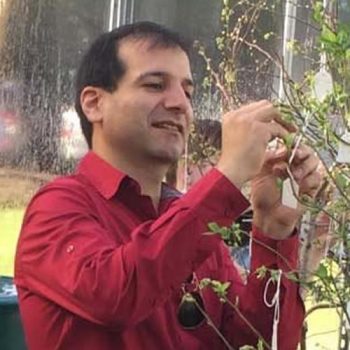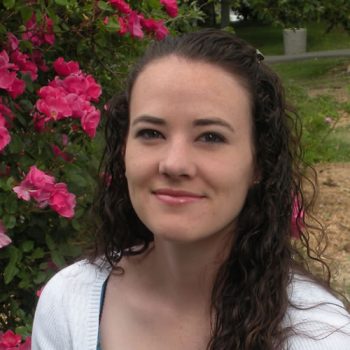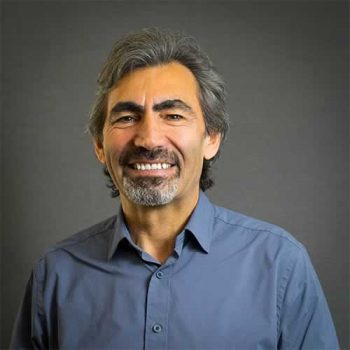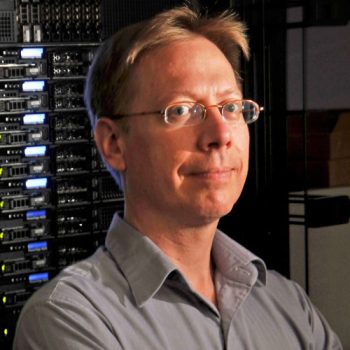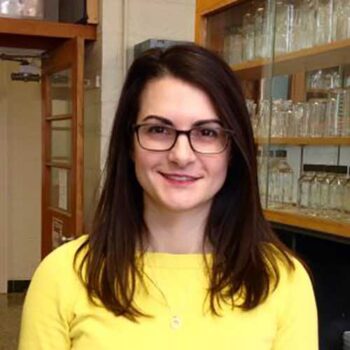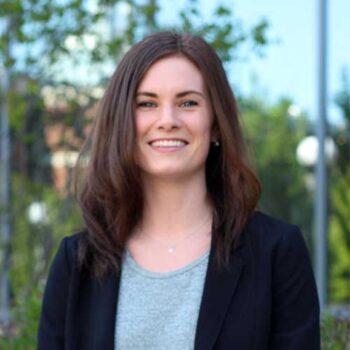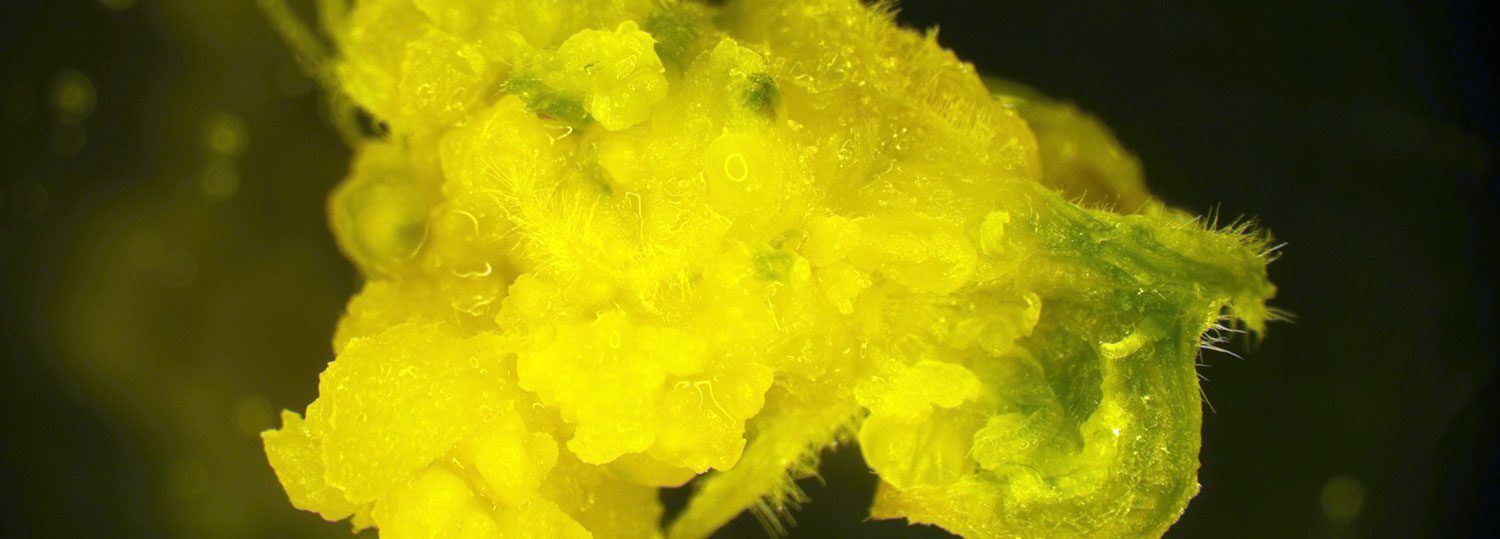
Associated Research
Plant Genetics Research
- Translational Genomics
- Plant Transformation
- Quantitative, Statistical Genetics and Bioinformatics
- Phenomics
Translational Genomics
Translational Genomics aims to bridge the gap between basic and applied research by moving recent foundational discoveries made in model organisms to crops with the goal to improve disease and stress resistance, nutritional quality, yield, and other agriculturally important traits. Research programs in Translational Genomics at NC State leverage modern genetics, genomics, biotechnology, and other cutting-edge research technologies to advance basic plant sciences and enable the transfer of innovations to the fields of horticulture, crop science, and forestry.
We focus on the understanding of molecular mechanisms underlying agronomic traits, optimize select traits of interest by employing state-of-the-art genetic engineering and gene editing tools, and invest in the development of novel methods and biotechnologies. We strive to develop efficient crop improvement pipelines that decrease the cost and reduce the time from the initial discovery in a lab to practical applications in a growers’ field.
- Plant Interaction Genetics
- Quality and Nutrition Genetics
- Reproductive Biology Genetics
- Plant Environmental Genetics
Translational Geneticist
Plant Transformation
The Plant Transformation Laboratory (PTL) in NC State provides solutions for the production of transgenics for basic and applied research. PTL combines new technological accomplishments with our existing protocols for faster and more efficient transformation methods for our customers. We provide services to genomics, biochemistry, physiology, food science/processing, agronomy, horticulture, plant pathology, and entomology to allow researchers from all disciplines to have their genes of interest transferred and tested in the appropriate species/cultivars. A functional plant transformation laboratory should benefit nearly all phases of the agriculture industry in North Carolina.
Working with leading researchers and technologies to provide solutions in gene editing, genetic transformation, and plant tissue culture. PTL refines old methodologies and develops new ones to advance efficient plant transformation and regeneration techniques for various plant species. Presently, we are interested in developing a universal plant tissue culture transformation methodology covering major crop species and understanding the role of plant stem cell function and regulation during plant regeneration and transformation.
Plant Transformation Researchers
Quantitative, Statistical Genetics and Bioinformatics
The widespread use of genomics technology for plant breeding has transformed the way breeding is conducted. Breeding has become more quantitatively demanding and requires the use of extensive statistical and computational methods to process and interpret massive DNA sequence information and identify relevant variants for selection.
NC State has a long history of research excellence in quantitative and statistical genetics. Among the notable people include Ralph E. Comstock, R.F Robinson, C. Clark Cockerham, Major Goodman, Charles Stuber, Bruce Weir, Gene Eisen, and Trudy Mackay.
Established in 2000, faculty in the Bioinformatics Research Center (BRC) conduct research in a wide range of research topics for developing methods to manage and interpret genomic data. These include functional gene mapping, genomic selection, molecular evolution, polyploid genome analysis, pharmacogenetics, and environmental genomics.
Statistical Geneticist
Phenomics
The field of Phenomics relates to measuring and interpreting how variations in DNA sequences influence
the attributes of a given organism (the phenotype). Phenomics includes development in bioimaging,
biochemical, and physical analysis. Advances in digital technology, data analytics, and machine learning is
allowing the development of equipment that could enable high throughput, accurate, and inexpensive
phenotyping. We collaborate with plant breeders to facilitate the gathering, analyzing, and interpreting
of phenotypic information. Phenomics is becoming an area of increased demand within the seed industry
and other agriculture fields. We are training the next generation of professionals to use phenotyping
tools and data in a way that can significantly enhance the ability of the breeding program to make progress.
Phenomics Researchers
